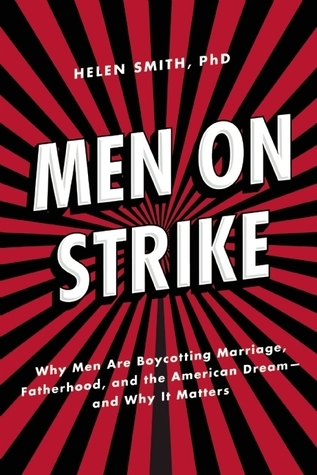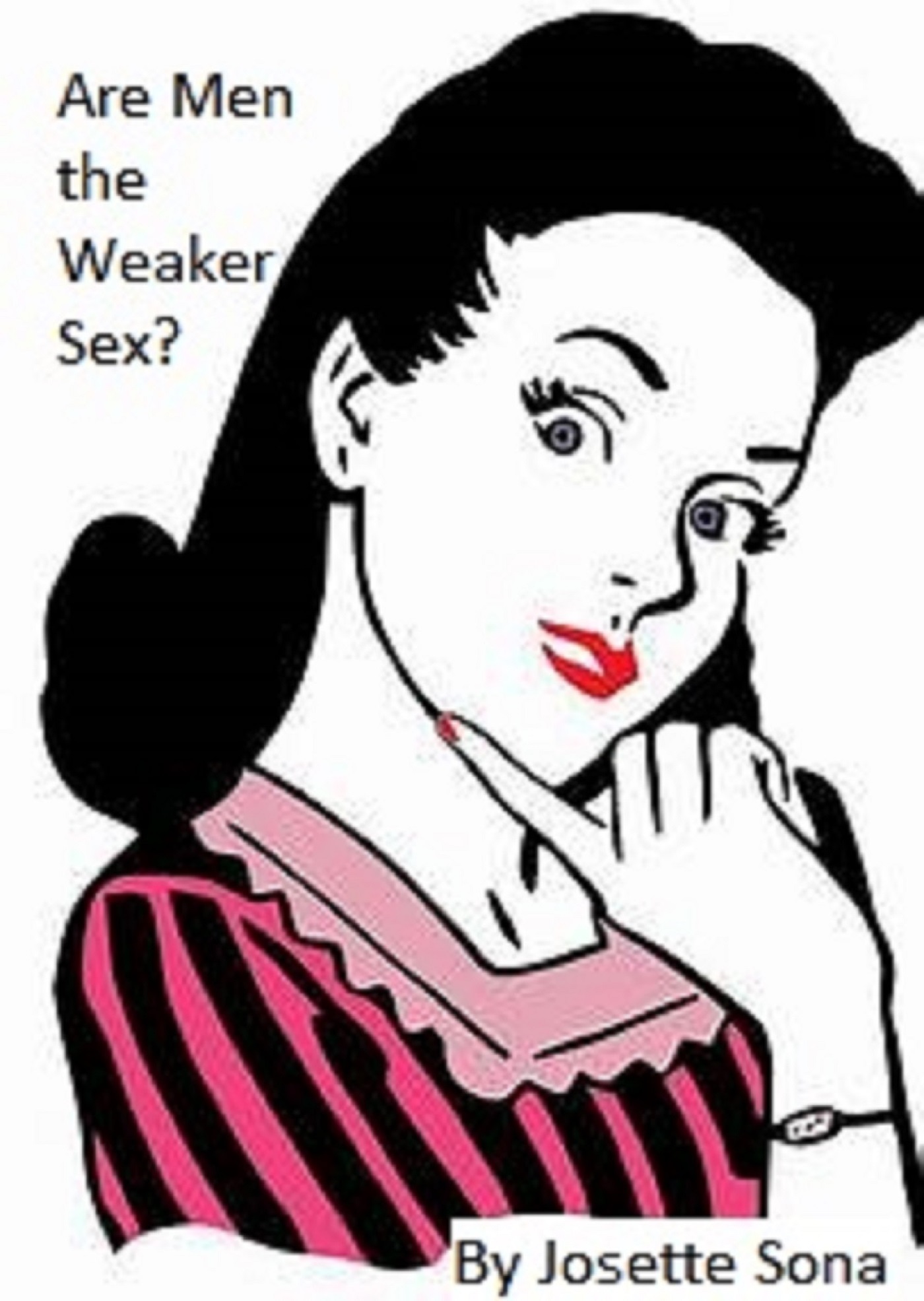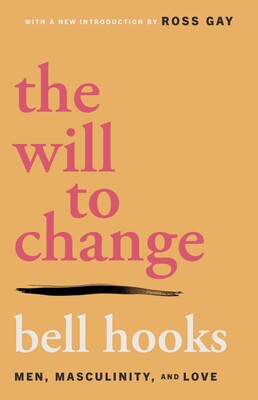
Stiffed: The Betrayal of the American Man
Book Description
A seismic shift grips the American man, and the fallout is staggering. In "Stiffed: The Betrayal of the American Man," Susan Faludi navigates the wreckage of masculinity in the wake of social upheaval, peeling back layers of disillusionment and vulnerability. Through riveting interviews and poignant narratives, she illuminates the emotional crisis faced by men grappling with lost identity and shattered dreams. As the roles of father, husband, and worker redefine themselves, the stakes have never been higher. What does it truly mean to be a man in a world that seems to have turned its back?
Quick Book Summary
"Stiffed: The Betrayal of the American Man" by Susan Faludi is a probing exploration of the crisis facing American men in the late 20th century. Drawing from incisive interviews and historical analysis, Faludi argues that men have been misled—promised economic security, personal agency, and social status, only to find themselves facing job losses, fractured families, and diminishing prospects. This sense of betrayal is not caused by feminism, Faludi argues, but by shifting societal systems and industries that have undercut traditional pathways to male identity. She documents the emotional fallout from diminished roles as breadwinners, fathers, and citizens, revealing the vulnerability behind cultural stereotypes of male strength. Through deeply human stories, Faludi illustrates an urgent need to rethink what it means to be a man in modern America.
Summary of Key Ideas
Table of Contents
Masculinity in Crisis
Susan Faludi’s examination begins by highlighting the mounting crisis of masculinity among American men. She contends that conventional male roles—breadwinner, protector, patriarch—have been destabilized not so much by feminist progress, but by seismic shifts in the economy and society. Men find themselves adrift as manufacturing jobs disappear, corporate loyalty erodes, and traditional authority structures crumble. The resulting sense of loss leads to widespread disillusionment and anger, which Faludi unveils through heartfelt interviews with men from various backgrounds.
The Impact of Economic and Social Change
Faludi delves into the transformation of neighborhoods and workplaces that once anchored male identity. She documents how changing industries, rising consumerism, and the cult of celebrity have erased many of men’s formative institutions. Instead of empowerment, today’s men often experience a vacuum of purpose, compounded by relentless media portrayals of an unreachable, hyper-masculine ideal. This alienation manifests in emotional withdrawal, resentment, and sometimes reactionary politics.
The Role of Institutions and Media
The book explores the human cost of suppressing male vulnerability. Faludi finds that while men face real economic and personal threats, their pain is often silenced by cultural narratives demanding stoicism and invulnerability. As men are discouraged from expressing weakness or dependency, their inner lives become increasingly isolated. The result is not only personal suffering, but also strained relationships at home and in the community.
Redefining Male Identity
In vivid portraits—ranging from laid-off shipyard workers to young men in the military or pop culture fans—Faludi reveals just how far-reaching these betrayals are. The men she interviews long for direction, connection, and meaning. Yet, societal refusal to acknowledge male vulnerability or provide new models of male success leaves them "stiffed"—unable to advocate for themselves or adapt effectively to new realities.
The Cost of Suppressed Vulnerability
Ultimately, Faludi challenges readers to move beyond stereotypes and recognize the broader forces shaping masculinity’s crisis. She calls for a reinvention of male identity—one rooted in authenticity and empathy rather than power or status. Only by giving voice to men’s experiences, and by fostering truly inclusive institutions, can society heal the breach between its promises to men and their lived realities.
Download This Summary
Get a free PDF of this summary instantly — no email required.





